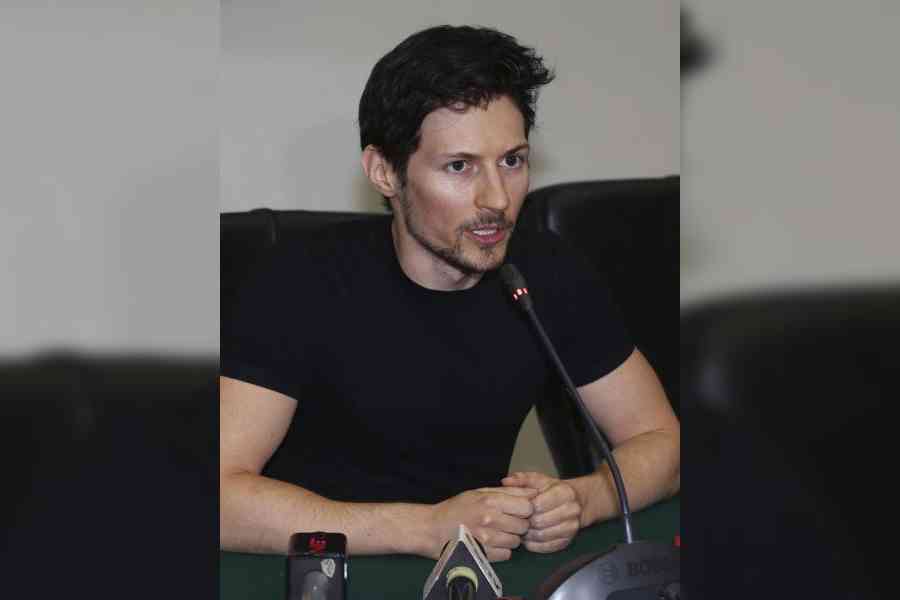Pavel Durov, the Russian-born entrepreneur who founded the online communications tool Telegram, was charged on Wednesday in France with a wide range of crimes for failing to prevent illicit activity on the app, and barred from leaving the country.
His indictment was a rare move by legal authorities to hold a top technology executive personally liable for the behaviour of users on a major messaging platform, escalating the debate over the role of tech companies in online speech, privacy and security and the limits of their responsibility.
Durov, 39, was detained by the French authorities on Saturday after a flight from Azerbaijan. He was charged on Wednesday with complicity in managing an online platform to enable illegal transactions by an organised group, which could lead to a sentence of up to 10 years in prison.
He was also charged with complicity in crimes such as enabling the distribution of child sexual abuse material, drug trafficking and fraud, and refusing to cooperate with law enforcement.
Laure Beccuau, the Paris prosecutor, said in a statement that Durov had been ordered to pay bail of €5 million, or about $5.5 million. He was released from custody but must check in at a police station twice a week.
Telegram has played a role in multiple criminal cases in France tied to child sexual abuse, drug trafficking and online hate crimes, but has shown a “near-total absence” of response to requests for cooperation from law enforcement, Beccuau said.
French prosecutors “have shared the same observation”, she said, leading organised-crime prosecutors to open an investigation in February on the “potential criminal liability of executives at this messaging platform”.
Durov’s case has intensified a debate about free speech on the Internet and the responsibility of tech companies to police what their users say and do on their platforms. Governments are pressuring tech companies to address child safety, terrorism, disinformation and the spread of other harmful content.
New York Times News Service










